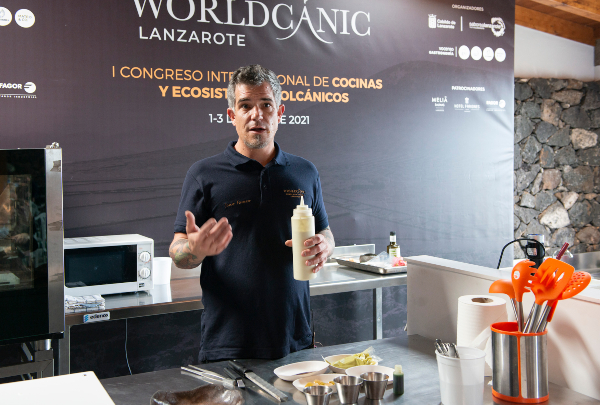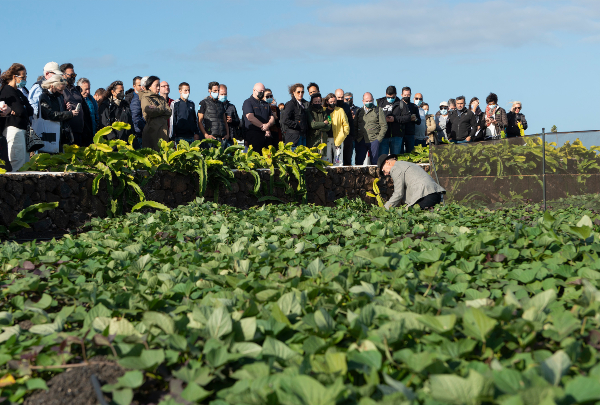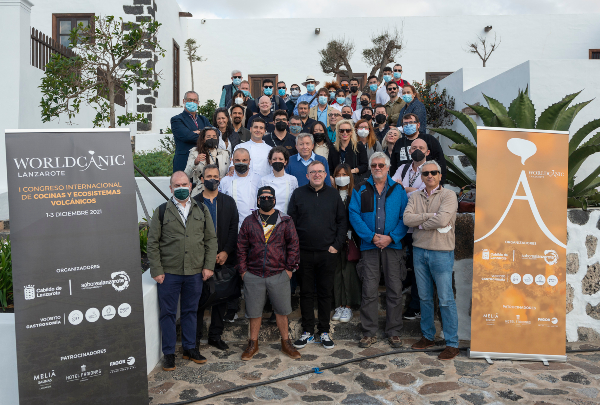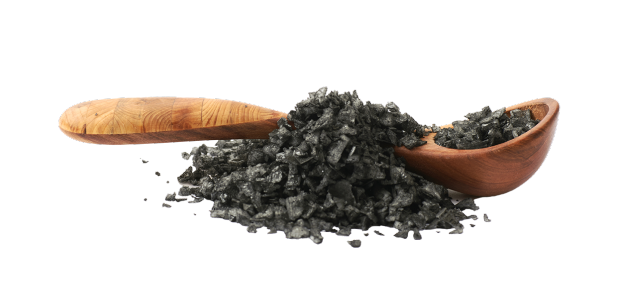News
Why are volcanic soils the world's most fertile?
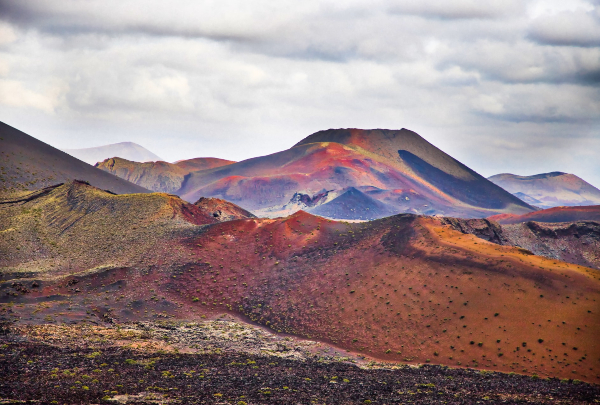
Andosols or the black soils of volcanic landscapes are created from rock and ash following the eruption of volcanoes. These soils are fertile, and can be used for a wide range of crops.
The speakers are French vulcanologist and founder of Volcano Active Foundation, Anne Fornier; geologist and advisor at the La Garrotxa Volcanic Zone Nature Park, Llorenç Planagumà, and the United Nations' Food and Agriculture Organization (FAO), which names and defines this type of soil: Black soils originated by volcanoes, typically found in volcanic areas, are known as andosols, and are formed by rock, ash and other highly vitreous content.
Andosols, Fornier and Planagumà claim, are therefore a major source of food, and support valuable ecosystems which provide nutrients and regulate the water cycle. They are vital soils which can be used for a wide range of crops, especially, according to the geologist, if climatology is favourable. “If it is, in other words, if it rains, the ashes in the soil turn into clays with good properties for crops. But if it doesn't rain, it will be more difficult for the ashes to carry out this process”. This could be the case in La Palma or Lanzarote, “although here they dug trenches to combine the clays with pre-eruption soil, and the result enabled them to generate life”.
Specifics of andosols
The word "Ando" comes from Japanese, and first appeared in soil literature in 1949 to define soils in volcanic areas around Japan, created by a specific mother rock, or ash. “For many, many years - says Planagumà - agricultural substrates have been established in close proximity to volcanoes, even though afterwards the volcanoes might erupt. Especially since they are very young soils”, and also rich in organic matter and minerals.
The agronomic properties of andosols are quite variable, and chiefly depend on the geology of their origins, and also their level of differentiation (age of formation). More acidic and aluminium-saturated formats are mostly found in forests, where wood species that are less sensitive to the toxicity of aluminium (beech, fir, spruce) will benefit from a moist climate. Agricultural activities are carried out on more fertile land, natural and seasonal grazing land, along with more intensive cereal crops.
Andosols also have an ecosystemic importance, because the food security and sovereignty of countries with volcanoes will depend on them, as will the conservation of volcanic mountain ecosystems.


